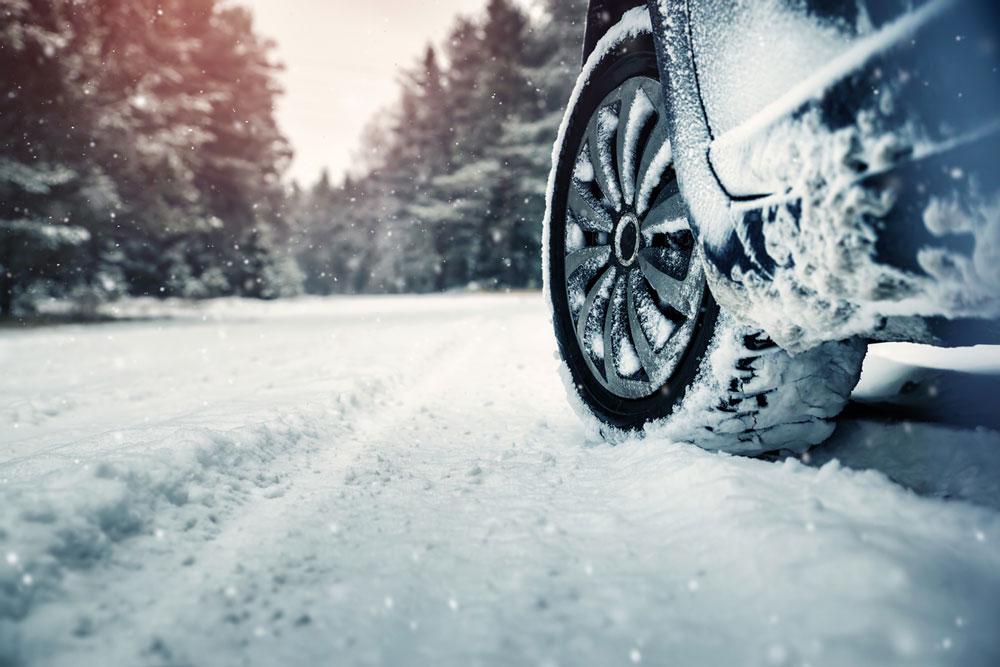
5 car odors that indicate a problem
Content
- The smell of sweet syrup after warming up or immediately after turning off the engine
- The smell of dirty socks after turning on the stove or air conditioner
- The smell of sulfur when the car cools down after a long drive
- Pungent smell of gasoline, like in a garage, although the car is parked outside
- Smell of burnt rags when braking
A breakdown in a car can be recognized not only by a rattle or knock, but also by the appearance of a strange specific smell that was not there before. It can smell both in the cabin and on the street near the car. Consider the most popular smells that may indicate serious problems with the car.

The smell of sweet syrup after warming up or immediately after turning off the engine
The reason for this smell is the leakage of coolant, which contains ethylene glycol, which has a sweetish aroma. Antifreeze or antifreeze, which is often used in older domestic cars, can seep through cracked main hoses or damage in the radiator.
A sweet smell due to depressurization of the cooling system appears only after a trip on a fully warmed-up engine, when the liquid reaches 100 ° C, and seeping through, sugary-sweet vapors are released.
The main danger of a coolant leak is the rapid overheating of the engine.
To understand the problem and fix it, you need to do the following:
- Pay attention to the engine temperature sensor while driving.
- Stop and after a couple of minutes check under the front of the car for spots on the road. If they are, then you should dip a napkin and smell it.
- Check the fluid level in the tank, and then the integrity of the hoses and radiator pipes. If they are dry, but the antifreeze level is low, then it is possible that the leak is from the radiator, water pump or cylinder head.
To get to the nearest service station without incident, add antifreeze, then stop every couple of miles to check the fluid level and add more if necessary.
The smell of dirty socks after turning on the stove or air conditioner
The reason for this smell is mold from condensate that has accumulated in the crevices of the evaporator and contributed to the growth of the fungus. Mold and bacteria present in the evaporator and on a dirty cabin filter, when the air conditioner or stove is turned on, enter the lungs, provoking coughing, asthma and allergic rhinitis. The development of bacterial pneumonia is also not excluded.
To avoid this, you need:
- Change the cabin filter once a year.
- Clean the entire ventilation system. It is advisable to contact a specialist at the service station, but you can act on your own: disassemble the dashboard, fan, fan box and cabin evaporator, and then remove all dirt from the blades, and treat the evaporator with an antiseptic that is sold in car dealerships.
- Turn off the air conditioner 5 minutes before arrival, leaving only the fan on to dry the system. This will prevent moisture from accumulating in the evaporator.
The smell of sulfur when the car cools down after a long drive
The reason is transmission oil leakage from a manual gearbox, transfer case or differential. This oil contains sulfur compounds, which serve as an additional lubricant between the gear teeth. After a few years of regular use of the car, the gear oil deteriorates and begins to smell strongly of sulfur, so if it leaks, you will certainly smell this smell. It will be especially clearly felt on heated parts after a long drive.
If the oil level drops below the norm, or it leaks out completely, then in the absence of lubrication, the rubbing gears will wear out, the channels will become clogged with metal chips, noise will be heard during the ride, tooth breakage and jamming of the dry unit are also possible.
As soon as the sulphurous smell appears, look at the ground under the front of the car for drops of oil. You also need to inspect the lower part of the differential, manual transmission and transfer cases for smudges and oil and mud deposits. If something is found, contact the service station for diagnosis and repair.
Pungent smell of gasoline, like in a garage, although the car is parked outside
The cause of the gasoline smell is a fuel leak in the line from the pump to the injector or in the gas tank drain valve.
In older cars produced before 1980, the smell of gasoline appeared due to the boiling of gasoline residues in the carburetor chamber even after the engine was turned off. In modern cars, the fuel system is isolated, and such a smell only indicates a malfunction, unless, of course, you have just left a gas station and have not stepped your shoe into a puddle of gasoline.
If the smell appeared suddenly and only intensifies, you need to stop, turn off the engine and get out of the car. If possible, inspect the bottom, the fuel line, especially in the area of \uXNUMXb\uXNUMXbthe gas tank, for leaks, because it is likely that it was pierced by a stone.
If damage and gasoline leaks are found, or if you do not see a problem, but there is a strong smell of fresh fuel in the cabin and around the car, call a tow truck or ask you to reach the nearest service station on a cable. Driving further is dangerous: there is a high risk of fire.
Smell of burnt rags when braking
The cause of a burnt smell can be a brake pad pressed against the disc due to wedging of the brake pistons, which overheats greatly from friction during movement. Normally, the pistons should move the pad away from the disc if the brake pedal is depressed and press when the driver presses on it to reduce speed. Also, the pads are pressed and overheat if you forgot to remove the car from the handbrake and drove off.
It is easy to determine which wheel is jammed - it will emit a pungent, burnt smell, as well as intense heat. You should not touch the disc with your fingers, it will be very hot, it is better to sprinkle a little water on it to check it to hiss.
The danger is the following:
- pads wear out quickly and braking efficiency drops;
- with excessive overheating, the brake hoses may burst, the fluid will leak out, and the brake pedal will stop responding to pressing;
- the wheel rim from overheating can melt the rubber or cause a fire.
After a malfunction is detected, you need to let the disc and pads cool down, and then move with stops to the nearest service station.
You can also repair the car yourself:
- Jack up the vehicle.
- Remove the jammed wheel and worn pads.
- Replace the caliper and pads with new ones, check the handbrake tension, install the wheel back.
Do not ignore any smells in the car, because, as it turned out, their appearance can signal that the car should be carefully checked and diagnosed.
